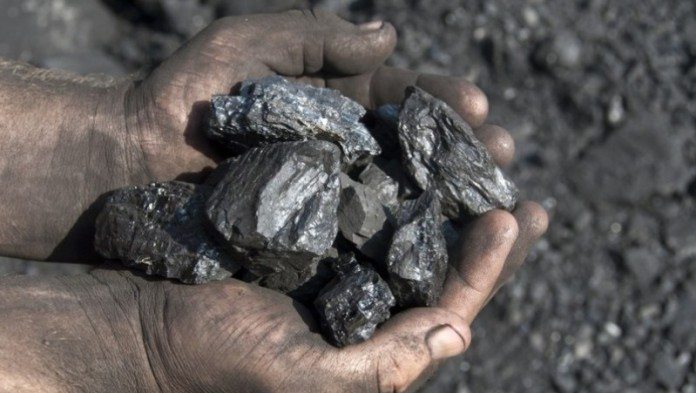
If Africa, which is home to 30% of the world’s known critical minerals, is to truly benefit from the current critical-minerals boom and buzz, then it will need support in developing its ability to add value to its minerals on the continent, according to a new analysis by Atlantic Council.
Despite being home to 30% of the world’s known critical minerals, Africa is not getting its fair share of the benefits of the critical-minerals boom generated by the evolution of modern technologies, according to Alexander Tripp, assistant director for the Atlantic Council’s Africa Center. Therefore, he calls on African nations to seek more investment in their capacities to refine or add value to minerals within the continent, which could in turn fuel a long-awaited boost in development. The African Union (AU) and various African nations have long been aware of the continent’s need — and right — to benefit from its mineral wealth, as envisioned in the AU’s so-called ‘African Mining Vision’, which highlights the importance of value-adding industry. But even the AU-created ‘African Minerals Development Centre’ hasn’t been ratified by enough member states, meaning that it hasn’t been fully put into operation.
Tripp highlights this year’s Mining Indaba held in Cape Town, South Africa, that aimed to chart a new future for African mining. Among the conference’s participants were also members of the Atlantic Council’s Africa Center, who were there as part of a newly launched task force on critical minerals. According to Tripp, the Africa Center’s task force will aim to unite stakeholders from the United States, Europe, and Africa, including representatives from the financial sector, development institutions, and government, whose mission is to explore the role and potential of African minerals in critical supply chains, strategies for greater inclusion of African nations and suppliers, and ways to mobilize the private sector. “Unless African nations can break from a history of serving only as a minerals supplier, they will be left behind,” Tripp concludes.
